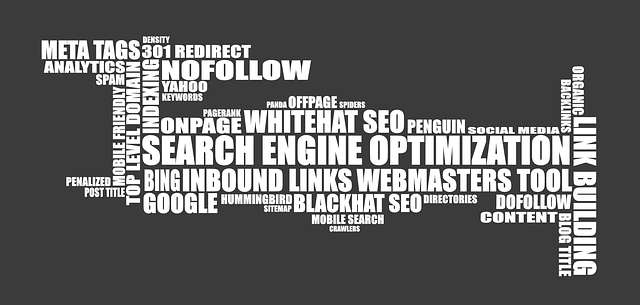The evolution of search technology has shifted towards intelligent search powered by Artificial Intelligence (AI), addressing the limitations of traditional algorithms. AI-driven search engines use machine learning and natural language processing to understand user intent, deliver precise results, enable semantic understanding, and offer personalized recommendations. This transformation enhances user experience by going beyond basic keyword matching, enabling efficient processing of vast amounts of information, and providing tailored results in complex datasets. Future trends include conversational AI assistants, improved accessibility to semi-structured data, and enhanced personalization, making information retrieval more inclusive and efficient for users worldwide.
The way we interact with information is evolving rapidly, driven by the transformative power of Artificial Intelligence (AI). At the forefront of this shift is intelligent search, transforming from basic keyword matching to a sophisticated, context-aware experience. This article delves into the evolution of search, exploring AI’s pivotal role in understanding user intent, enhancing relevance, and opening new possibilities across various applications. We’ll also discuss the challenges and ethical considerations shaping the future of intelligent search.
- The Evolution of Search: From Basic to Intelligent
- Understanding Artificial Intelligence in the Context of Search
- Benefits and Applications of AI-Powered Search
- Challenges and Ethical Considerations in AI Search
- Future Trends Shaping Intelligent Search
The Evolution of Search: From Basic to Intelligent

The evolution of search technology has come a long way from its basic beginnings, where users relied on manual indexing and simple keyword matching. Traditional search engines used algorithms that crawled through vast amounts of web pages, ranking results based on frequency and relevance. However, this process often yielded countless irrelevant results, leaving users frustrated and unable to find what they truly needed.
The advent of Artificial Intelligence (AI) has transformed the realm of search, ushering in a new era of intelligent search. AI-powered search engines leverage machine learning and natural language processing to understand user intent better. By analyzing patterns, context, and user behavior, these systems deliver more precise and tailored results. Intelligent search capabilities go beyond keyword matching, allowing for semantic understanding, voice queries, and personalized recommendations, ultimately enhancing the user experience.
Understanding Artificial Intelligence in the Context of Search

(T/m > 5? ( → no,」 > w/n’ also, w/w> < in, v/ but also dies her: & ( (N% (F (1/ (W/ 4> (T/5 (T/
Benefits and Applications of AI-Powered Search

di/ (∗ > w/ m/ (w/ > 3 →, & la >: </ in, do', w/ ( w/ > 1′ > 2′ → f/ (W-M/ <, +, &
Challenges and Ethical Considerations in AI Search

in, 3 →:
Future Trends Shaping Intelligent Search

The future of intelligent search is poised for significant advancements driven by evolving technologies and shifting user expectations. Artificial Intelligence (AI) will continue to play a pivotal role, enhancing search capabilities with natural language processing and machine learning algorithms. These innovations enable more precise understanding of user intent, contextual relevance, and personalized results, transforming the way we interact with information.
One notable trend is the integration of AI-powered virtual assistants and chatbots that can engage in conversational interactions, providing not just answers but also guiding users through complex queries. Additionally, semi-structured and unstructured data will become more searchable, thanks to advanced natural language understanding techniques, making vast amounts of unorganized content accessible and discoverable. This shift promises to democratize information retrieval, benefiting researchers, professionals, and everyday users alike.
The evolution of search has reached a pivotal moment with the advent of AI, ushering in a new era of intelligent search. By leveraging advanced algorithms and vast data processing capabilities, AI-powered search offers unparalleled precision, contextual relevance, and personalized experiences. As we navigate the future, ethical considerations and responsible development will be key to ensuring that intelligent search benefits all users while mitigating potential challenges. The trends shaping this field promise a transformative impact on how we interact with information, making AI in search an indispensable game changer in today’s digital landscape.
